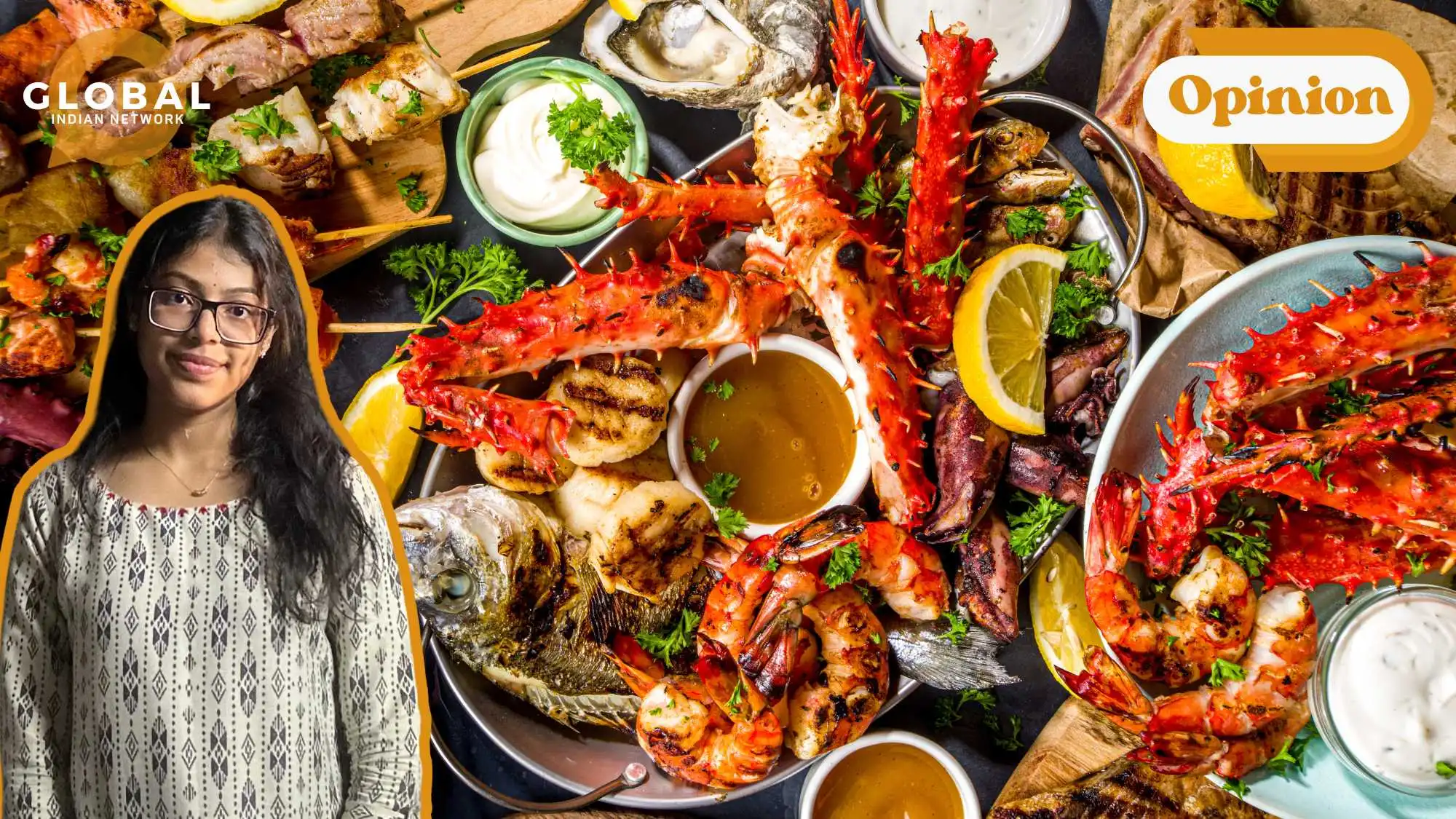The ocean is one of the most important resources for the survival of living creatures, offering billions of people food, employment, and recreation. Pressures are exerted on marine ecosystems through overfishing practices, leaving biodiversity at risk, disturbing coastal communities, and threatening the global food agenda. But with the vibrant futures for both the bounty of the oceans and healthy marine environments, now is the right time to become sustainable seafood consumers.
Understanding Sustainable Seafood
Sustainable seafood is fish and shellfish farmed in ways that address long-term viability for species, ecosystems, and human communities. It considers aspects like avoiding damage to marine ecosystems, legal compliance, and sound management of marine resources. Sources producing sustainable seafood must be capable of continuing production or even increasing production without jeopardizing ocean health or the species involved.
Key Principles of Sustainable Seafood include:
- Overfishing: Harvesting fish at a pace that allows their regrowth. When fishes are caught faster than they can breed, the population declines, thus causing imbalances in ecosystems.
- Reduction of Environmental Impacts: Bottom trawling fishing impacts vulnerable marine ecosystems such as coral reefs and seagrass beds. Sustainable fishing thus aims at reducing bycatch, catching other species accidentally, and habitat destruction.
- Social responsibility: Developing fishing community engagement with the ocean as an important source of livelihood, most fishing communities are deeply involved in sustainable seafood that encourages ethical labour practices, supports small-scale fisheries, and embodies respect for the cultural heritage of coastal communities.

Aquaculture Role
Aquaculture fish farming now produces a substantial portion of the world’s supply of seafood. As an alternative to wild catch seafood, aquaculture has its sustainability issues. Ideally, farmed aquaculture does not put pressure on wild fish stocks and contributes to an increase in a secure food supply. Conversely, unmanaged fish farms continue to degrade water sources, spread disease among fish, and damage local ecosystems.
Sustainable aquaculture focuses on:
- Efficient use of resources: Wild-caught fish as a feed for farmed species must be avoided.
- Minimizing environmental damage: Reduce or eliminate environmental impacts like waste, chemical use, and invasive species.
- Fish welfare: Keeping the fish healthy in a humane environment.
Consumers can look for the Aquaculture Stewardship Council label, which certifies that the seafood has been farmed using low environmental impacts and social costs.
How Consumers Can Support Sustainable Seafood
Consumers are the largest stakeholders in support of sustainable seafood practices because informed choices can be made in terms of what fish to eat and where it comes from. This will be a critical step toward our oceans being healthy.
- Purchase certified sustainable seafood: These include certified sustainability of Marine Stewardship Council MSC for wild catch and ASC for farm raised.
- Know species that you should avoid: There are species worse than others concerning overfishing. Most of the latest guides in the market now even include those that the Monterey Bay Aquarium’s Seafood Watch provides, wherein you can determine the latest update about which provides up-to-date information on which fish are safe to consume and which should be avoided due to overfishing or harmful fishing practices.
- Support Local and Small-Scale: Big industrial fisheries result in overfishing and habitat destruction most of the time. Buying from local, small-scale fisheries sustains fisheries that would contribute more to community-based fishing practices that prioritize sustainability.
- Seafood diversification: Consumers can choose lesser-known species that will be more abundant species than just a few favourites, such as salmon or even tuna. This would ease the pressure on some overfished species and bring a more balanced approach to seafood consumption.
- Reduce Wastage of Seafood: Seafood industries, like all other food industries, would be waste from their production and usage. Consumers could minimize this wastage if they order only to fill their needs, kept properly in storage, and made to consume the whole fish parts as much as possible.
Conclusion
One of the most effective impacts that consumers can bequeath to the future oceans involves practicing sustainable seafood consumption habits. Since this will positively improve ecosystem health, people will be able to appreciate the diverse life in the oceans while making a difference. Choices at the dinner table may ensure that there will be a future for marine life to feast on and it is feeding not only the present generations but generations to come.

Let us know your thoughts in the comments below. If you have burning thoughts or opinions to express, please feel free to reach out to us at larra@globalindiannetwork.com.









